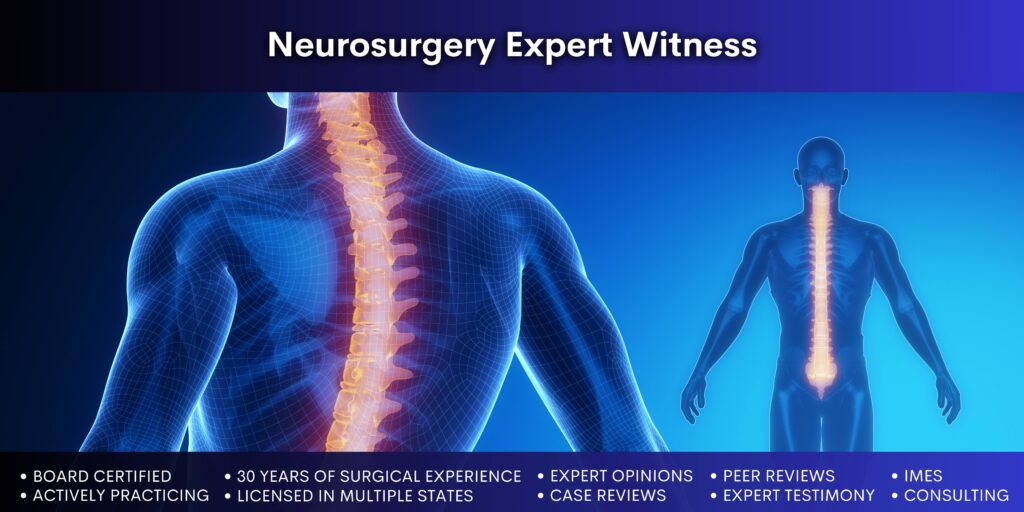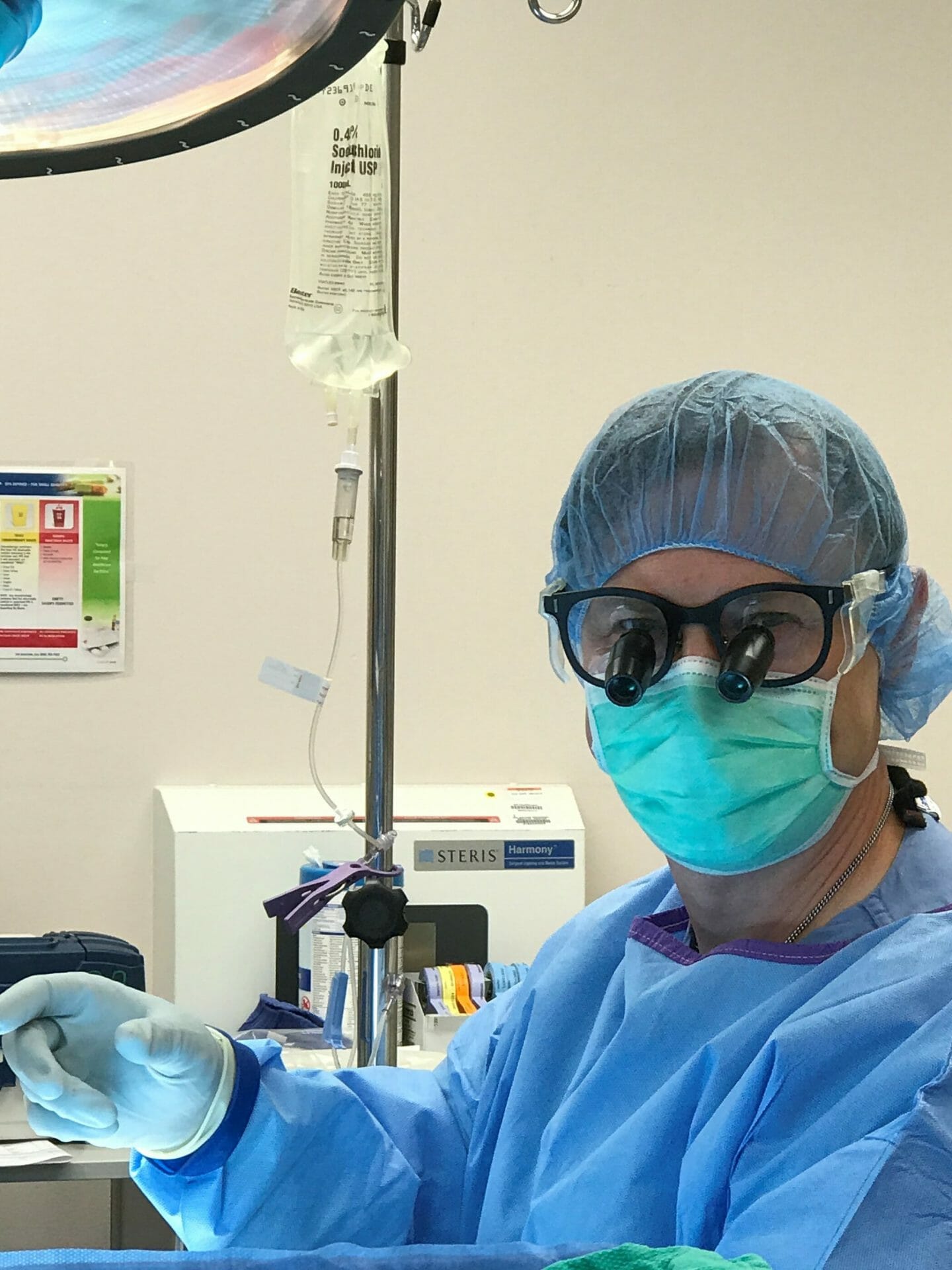
A Word from Dr. Z: I am an actively practicing neuro-spine surgeon with multiple offices and surgical locations throughout Texas and Oklahoma. In addition to providing direct patient care, I act as a neurosurgical consultant, expert witness and peer reviewer. I provide objective assessments of the medical facts to determine whether the standard of care was delivered. Based on my medical education and experience, as well as my expert witness background, I explain complex neurosurgical issues in a clear and uncomplicated manner, so that attorneys, jurors, and laypersons understand the science and how it impacts a person’s health and wellbeing.
Email: expert@txspineonline.com
Phone: 254-732-3987
Licenses: Alabama, Arizona, Colorado, Kentucky, Louisiana, Oklahoma, Tennessee, Texas, Florida and Mississippi
Specialties, Services & Affiliations
Medical Specialties:
Spine Surgery, Spine Care and Neurological Surgery
Expert & Consulting Services:
Expert testimony
Medical history review
Imaging study review
Peer review
Expert reports
Expert witness
IMEs
Chart review
Working With:
SEAK Experts
JurisPro
Education & Experience of Dr. Zielinski
Education:
1995: MD, McGill University
2001: Neurosurgery Internship & Residency, McGill University
2002: Cerebrovascular Fellowship, Stanford
Years in Practice:
30 years
Experience:
- Lumbar spine surgery,
- Cervical spine surgery,
- Neck and back trauma,
- Workers compensation,
- Complex spine surgery,
- Minimally invasive spine surgery,
- Conservative care management,
- Polymer spinal fusion,
- Artificial discs,
- Personal injury,
- Motor vehicle injury,
- Work injury,
- Medical malpractice,
- Medical Defense,
- Hospital Negligence, &
- Military injury
For a full list of my education, credentials, experience and publications, please click here.
Additional Information
I’m Steven Zielinski, neurosurgeon and founder of Texas Spine & Neurosurgery, Oklahoma Spine and Neurosurgery and American Spine and Neurosurgery. I actively practice medicine in both Texas and Oklahoma, where I do spine surgery on a weekly basis. My home is in a small town near Waco, Texas, where I live with my wife of 15 years and our two children, ages 8 and 10.
In 1995, I graduated from McGill University Medical School at age 23. At the time, my early graduation made me the youngest practicing neurosurgeon in North America. Following internship and residency at McGill, I completed a cerebrovascular fellowship at Stanford University, graduating in 2002.
My 30th anniversary as a practicing physician is coming up in 2025. I practiced first in California, then Colorado, and now in Texas and Oklahoma. I founded Texas Spine and Neurosurgery in 2010 and Oklahoma Spine and Neurosurgery in 2023. At 53 years old, with 30 years of experience, I have just reached the height of my career.

Dr. Zielinski in the OR
How I Can Help You
At the Outset of a Matter: objective evaluation of case strengths and weakness, establishment of standard of care, identification of defendant errors and omissions, realistic assessment of plaintiff’s contributory and noncontributory actions, guidance regarding which parties to name.
During Discovery: document review, ongoing consultation regarding case facts and strategy, expert statements written both scientifically and in understandable terms.
At Deposition and Trial: Bulletproof testimony from a relatable, experienced and trustworthy family man.
What to Look for in a Medical Expert Witness
When selecting a medical expert witness, a lawyer should focus on several key factors to ensure the expert is credible, knowledgeable, and effective in supporting the case.
1. Qualifications and Expertise: The expert’s credentials, such as board certifications, advanced degrees, and years of experience, must align with the specific medical issues in the case. They should have expertise in the relevant specialty and hands-on experience with the procedures or conditions in question.
2. Communication Skills: A strong medical expert must articulate complex medical concepts in a clear and persuasive manner, both in written reports and during testimony. Their ability to simplify jargon without losing accuracy is crucial for connecting with judges and juries.
3. Credibility and Professionalism: The expert should demonstrate impartiality and avoid any appearance of bias. A history of consistent, objective testimony strengthens their credibility.
4. Legal Experience: Familiarity with courtroom procedures, depositions, and cross-examinations is essential. An expert with prior experience in litigation is better prepared to handle challenges from opposing counsel.
5. Case-Specific Relevance: Their opinion should directly address the medical issues at hand, backed by evidence-based practices and standards of care.
By thoroughly vetting a medical expert witness for these qualities, a lawyer enhances their case’s chances of success.
Things to Avoid in an Expert Witness
When selecting a medical expert witness, a lawyer must be vigilant to avoid certain pitfalls that could undermine their case, such as:
1. Lack of Relevant Expertise: An expert who lacks specific experience or qualifications in the area of medicine central to the case can easily be discredited. Their opinions must align with the nuances of the specialty at hand.
2. Bias or Advocacy: Avoid experts who appear overly invested in the outcome of the case. A witness who demonstrates bias or consistently works for one side (plaintiffs or defendants) may lose credibility in the eyes of the jury or judge.
3. Poor Communication Skills: Even the most knowledgeable expert is ineffective if they cannot clearly explain complex medical concepts to a lay audience. Jargon-heavy or overly technical explanations can alienate jurors.
4. History of Inconsistent Testimony: An expert with a record of contradictory statements or questionable conclusions in previous cases risks being impeached during cross-examination.
5. Unprofessional Demeanor: An expert who appears arrogant, combative, or dismissive may damage their credibility. Professionalism is critical under pressure, particularly during cross-examination.
6. Exaggerated Claims: Be wary of experts who offer sweeping, absolute opinions or unsupported conclusions. Their testimony should be evidence-based and grounded in widely accepted medical standards.
Selecting the wrong expert can weaken a case, making careful vetting essential.

